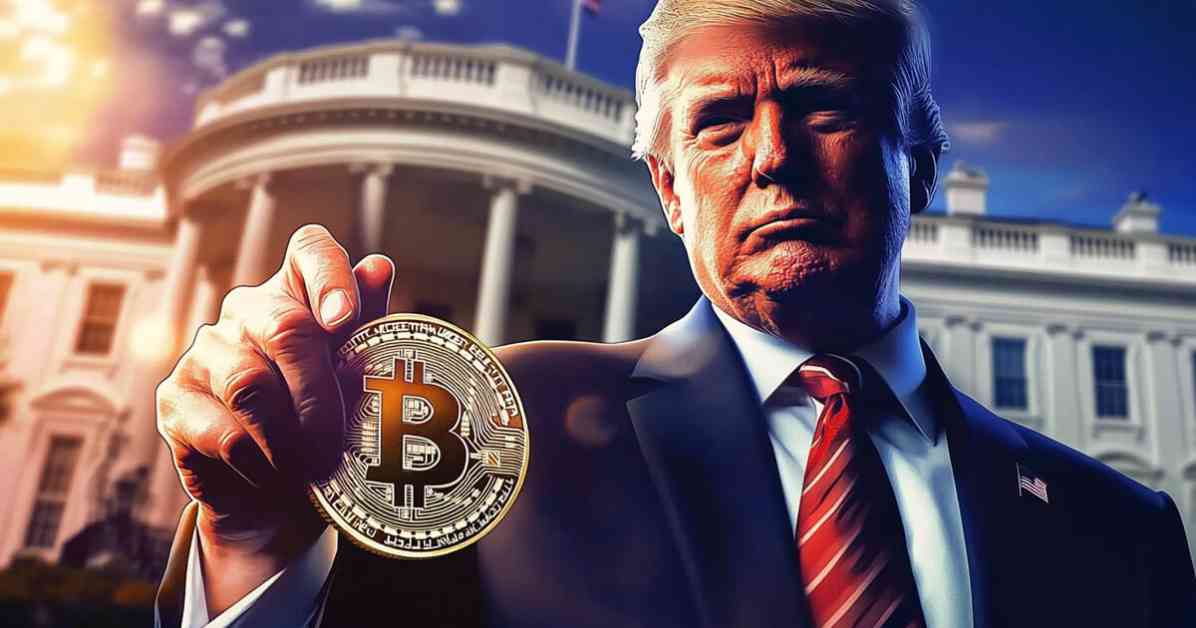President-elect Donald Trump is considering former Commissioner Paul Atkins for the role of chair of the US Securities and Exchange Commission (SEC). Atkins, known for his market-driven innovation stance, has emerged as a top candidate to replace outgoing SEC Chair Gary Gensler. Atkins, a Republican SEC commissioner during the George W. Bush administration, is a vocal advocate for crypto and fintech innovation, which represents a potential shift in the SEC’s current stance.
Atkins has a background in financial regulation and deregulation, having founded Patomak Global Partners, a consulting firm that works with financial industry clients. He has testified before Congress on restructuring the SEC to make its operations more efficient and reduce regulatory burdens, in line with Trump’s campaign promises.
If appointed, Atkins’ stance on crypto and fintech innovation could signal a broader shift in regulatory priorities under the Trump administration. Trump has shown support for crypto during his campaign, promising to establish a strategic Bitcoin reserve, appoint crypto-friendly regulators, and end what he called the current administration’s “anti-crypto crusade.”
The potential appointment of Atkins contrasts with Gensler’s approach, who will step down on Jan. 20. Gensler applied a “regulation by enforcement” strategy towards the crypto industry, leading crackdowns on major firms like Kraken, Coinbase, Binance, and Ripple. This approach left blockchain industry players uncertain about regulatory clarity on what tokens are considered securities, making compliance with US rules more challenging.
Atkins is one of several candidates being considered for the SEC chair role, along with current SEC Commissioner Mark Uyeda, former CFTC Chair Heath Tarbert, and Robert Stebbins, a partner at Willkie Farr & Gallagher LLP. The list also included former Binance.US executive Brian Brooks, Robinhood’s chief legal officer Dan Gallagher, and SEC Commissioner Hester Peirce.
Overall, Atkins’ potential appointment represents a shift towards a more crypto-friendly regulatory approach under the Trump administration, signaling changes in how the SEC may handle innovation and market-driven initiatives in the future.

















